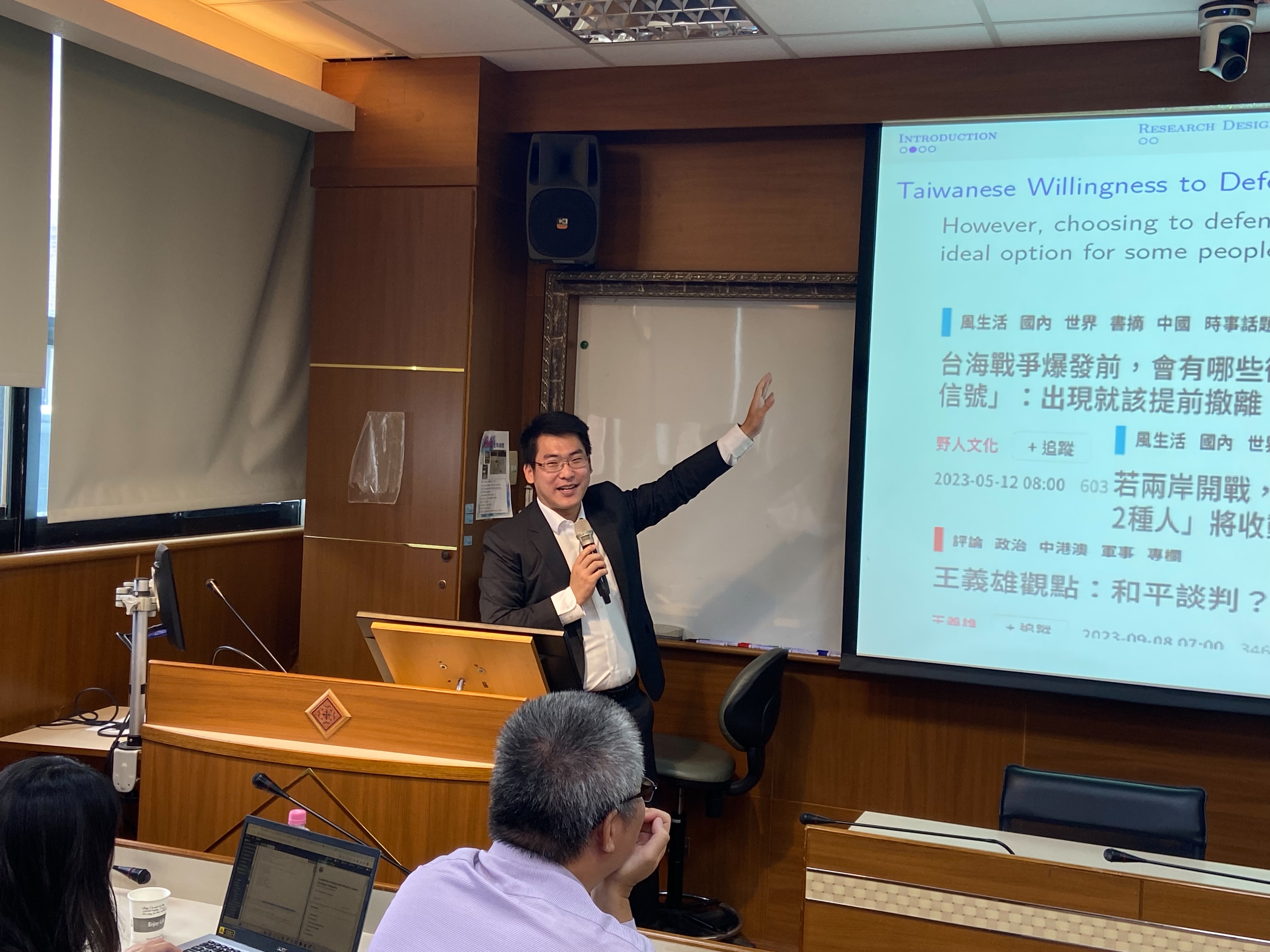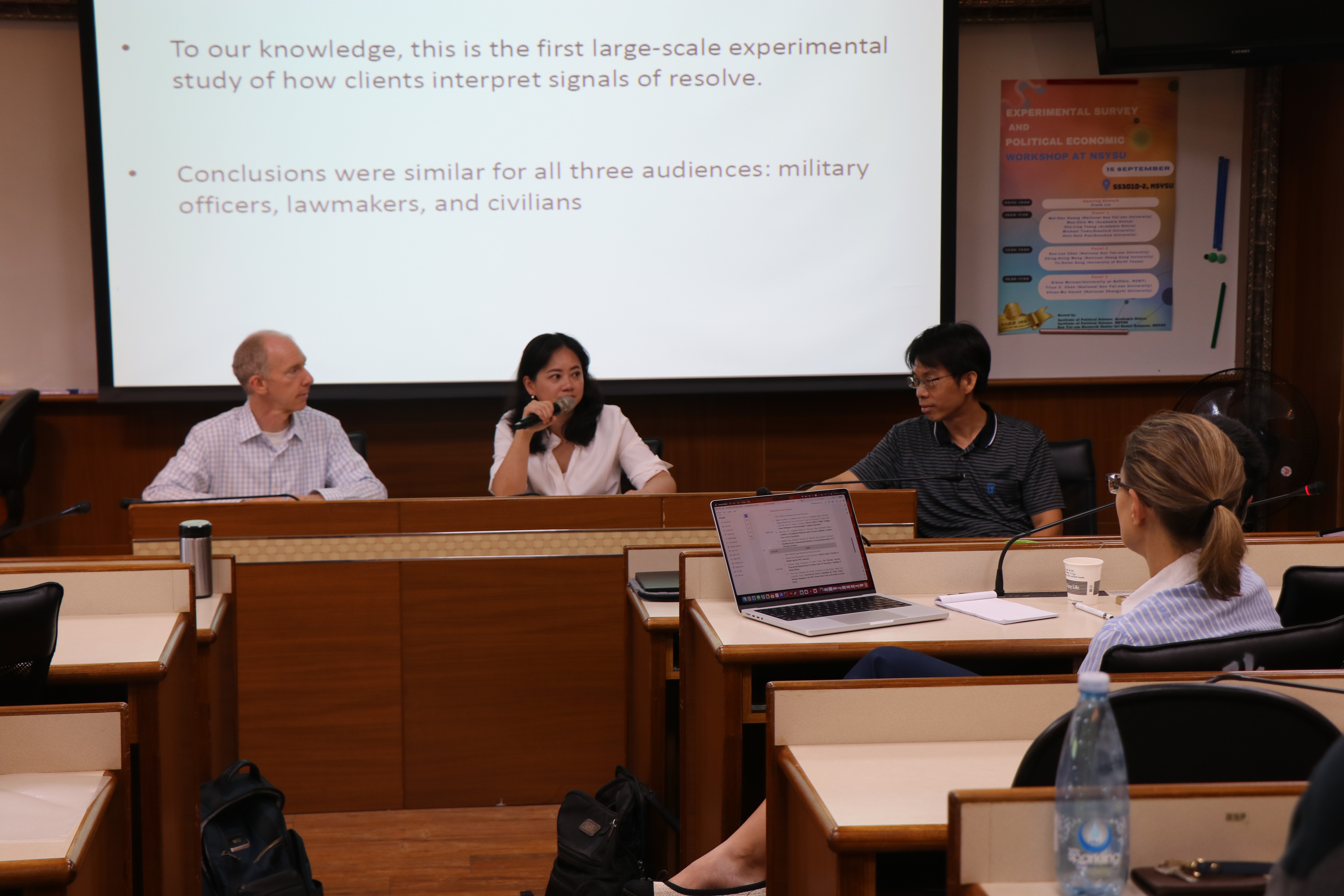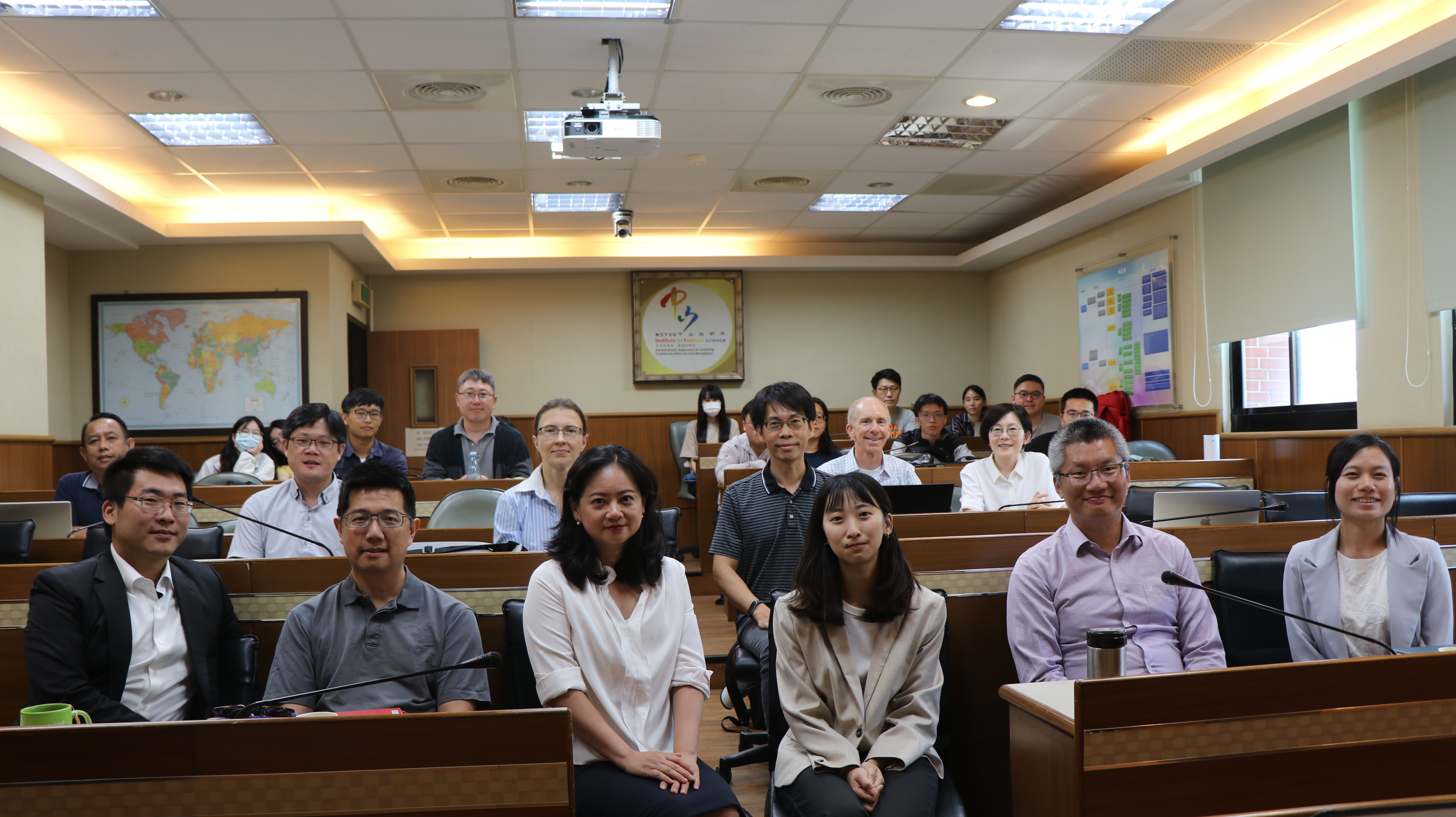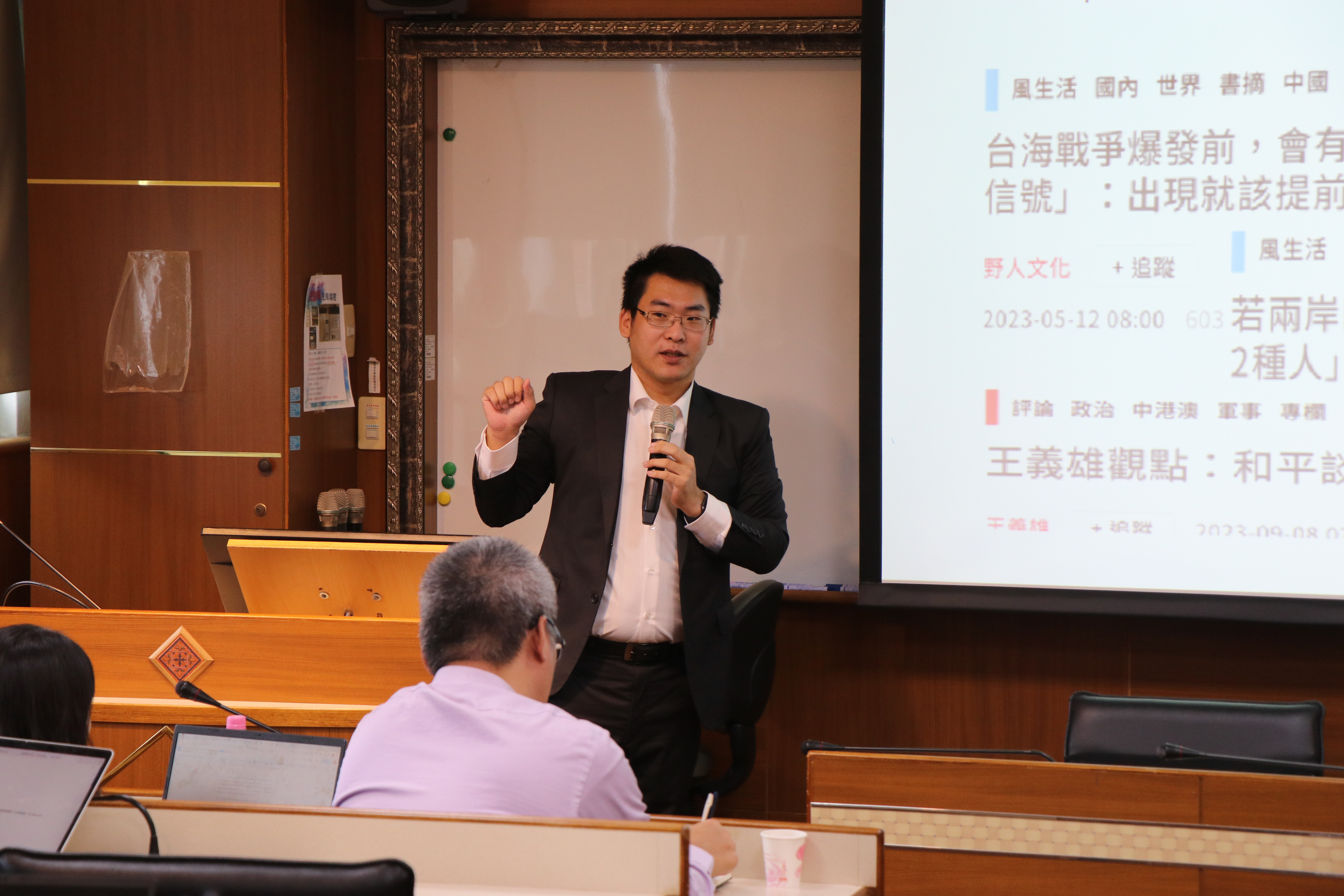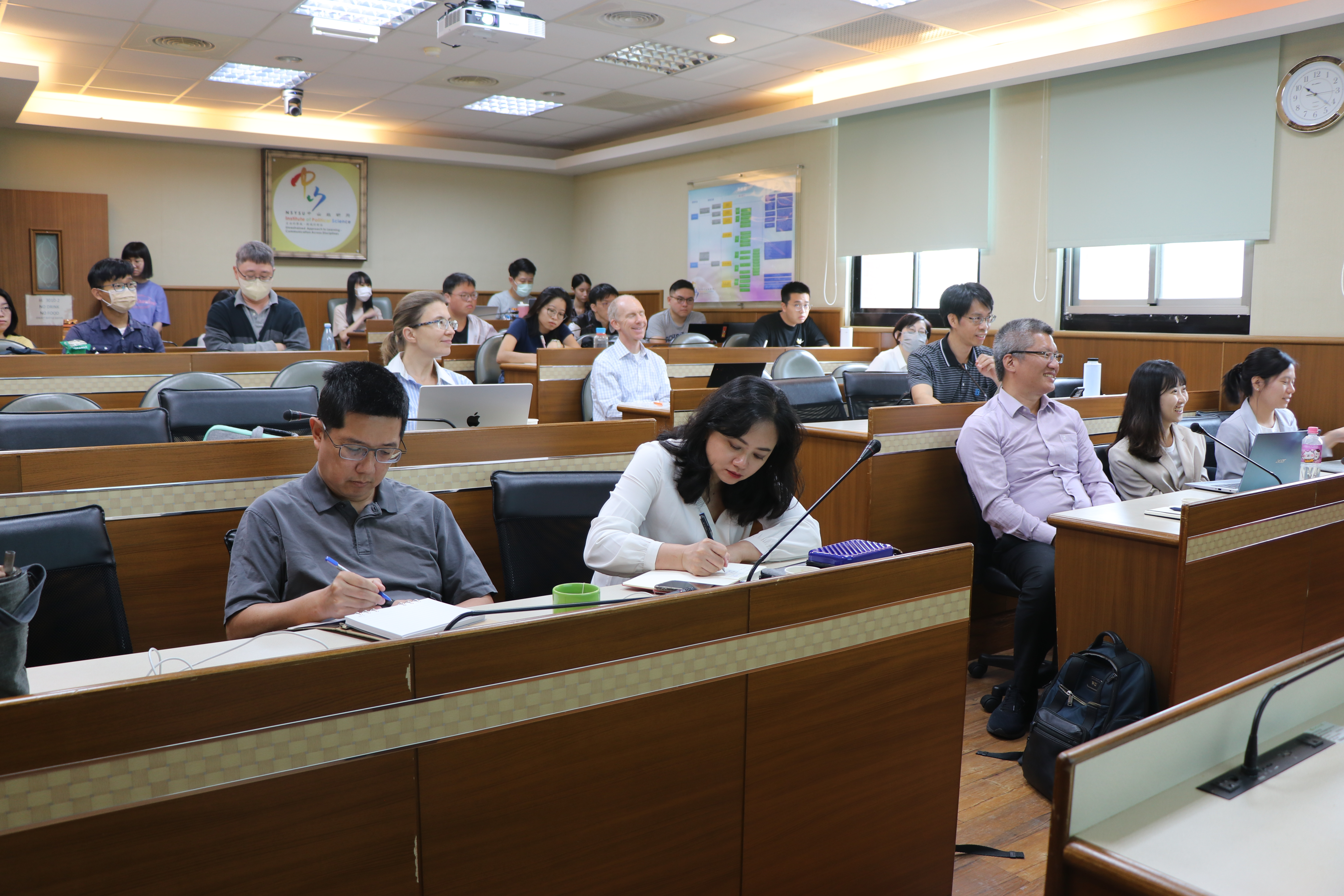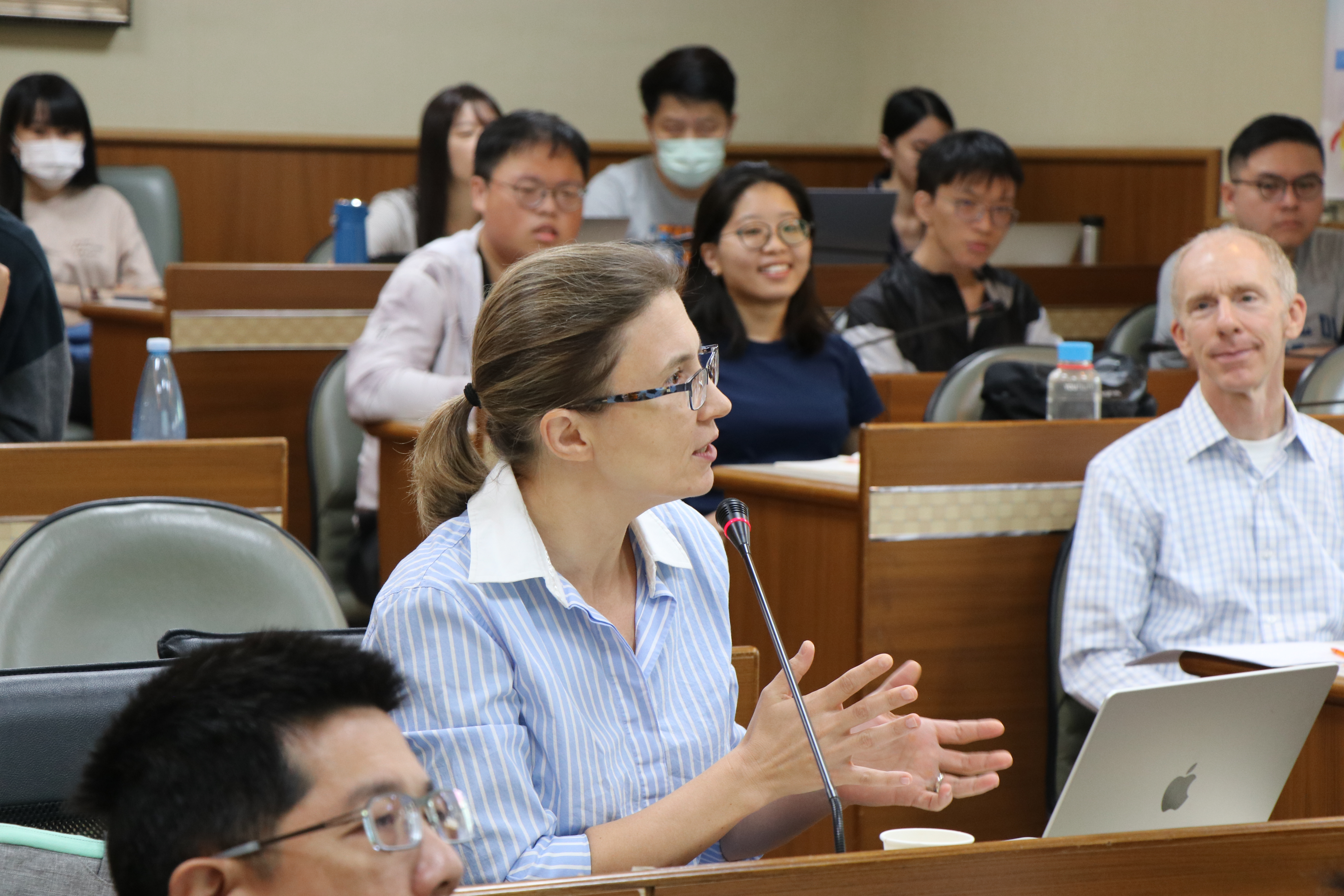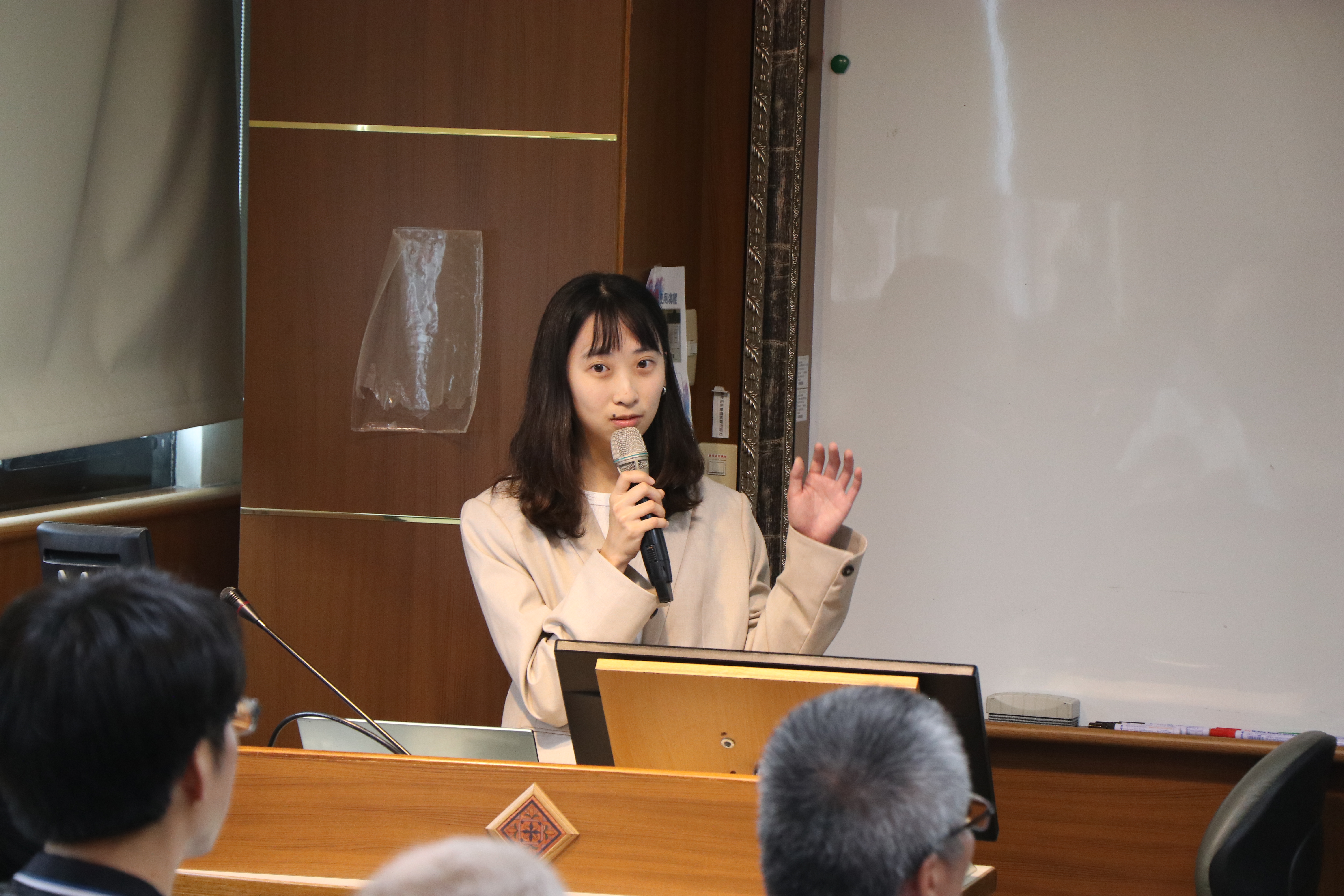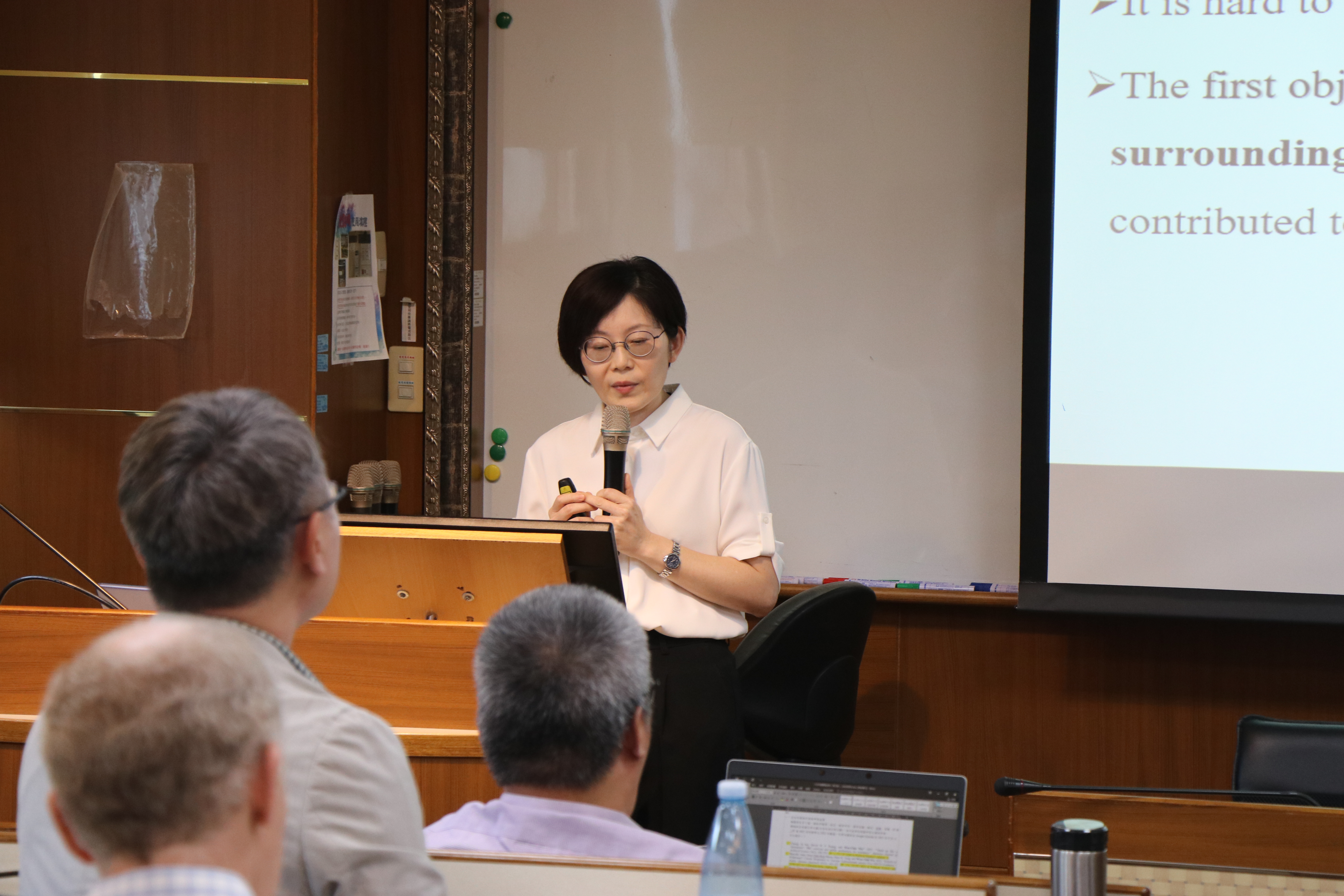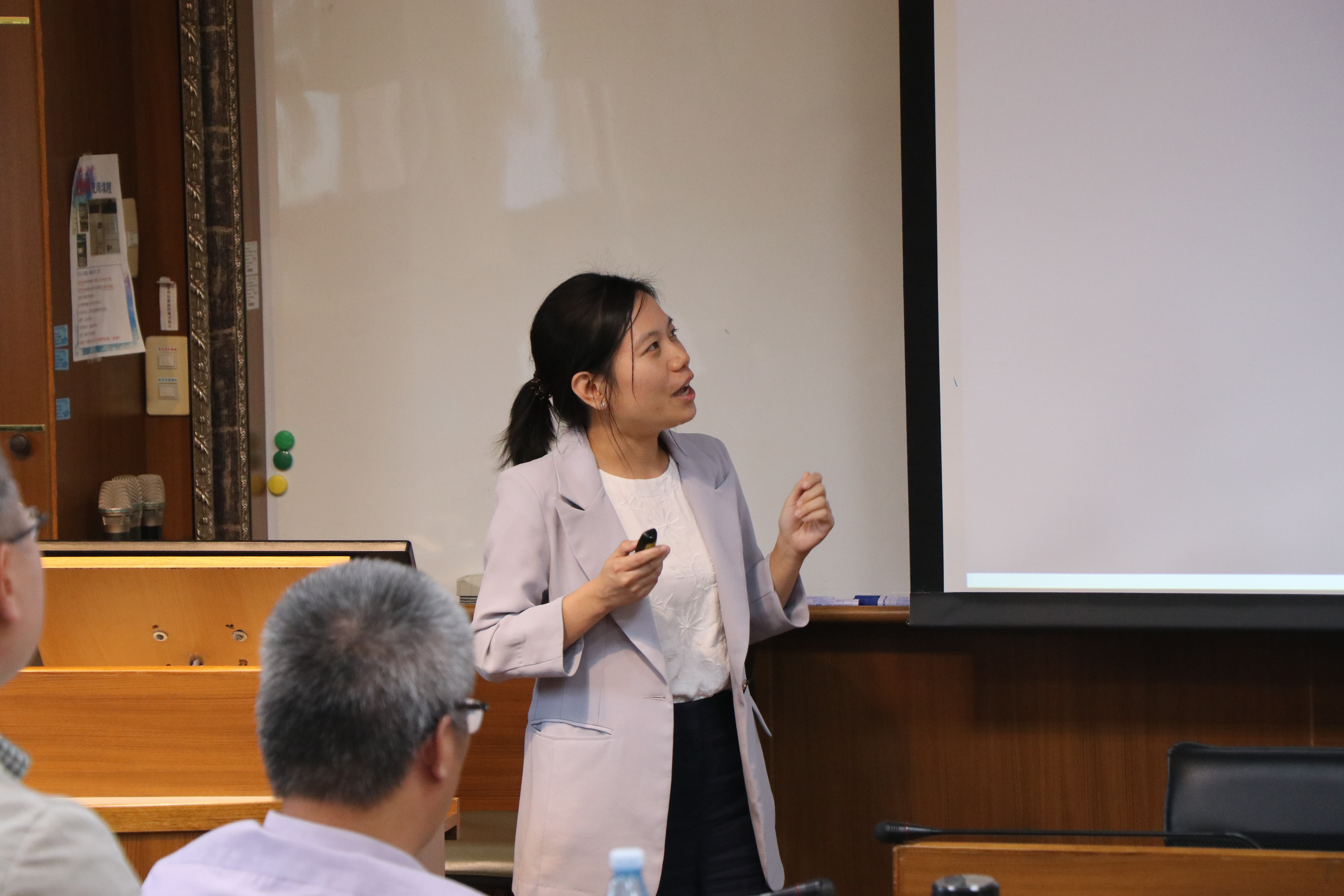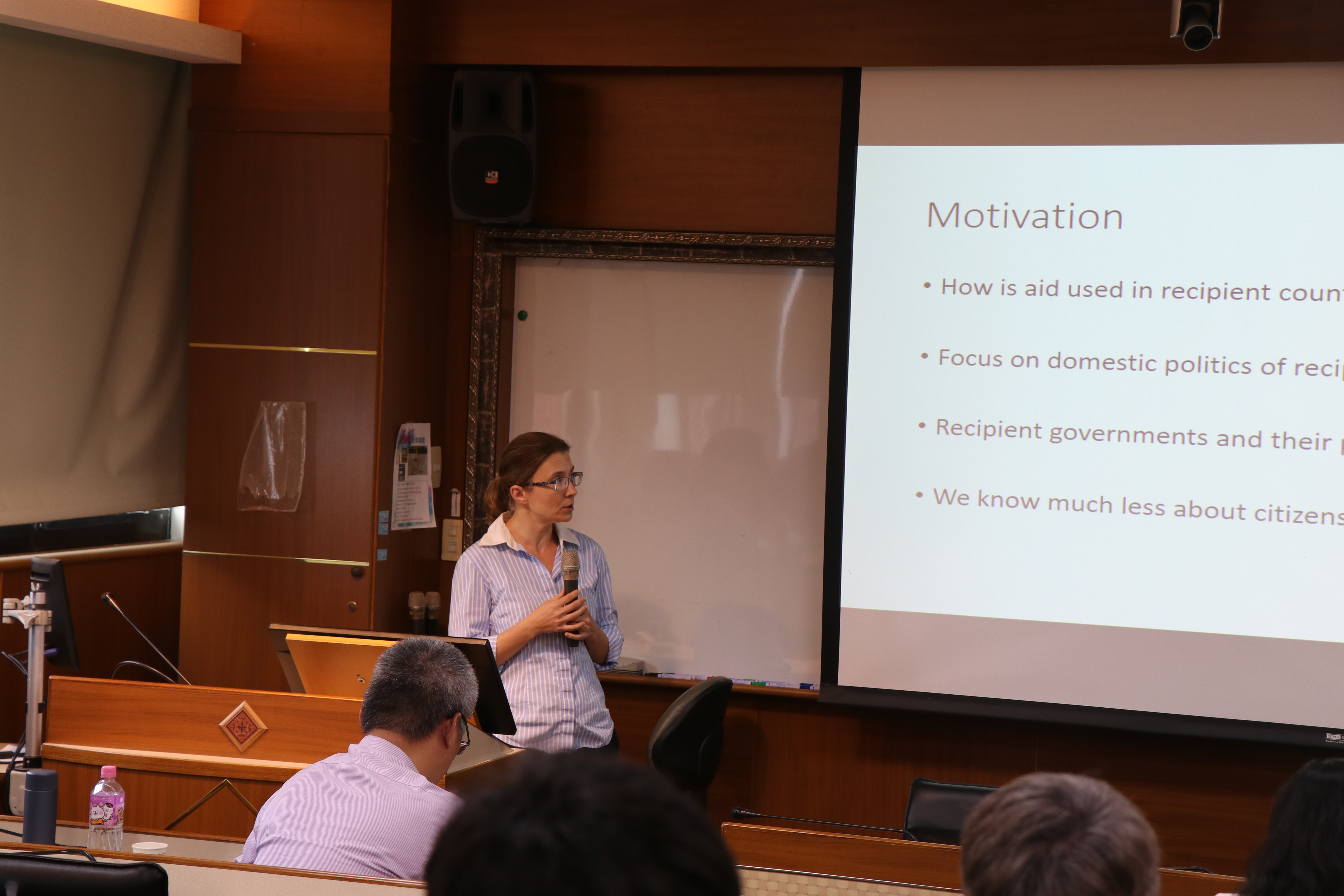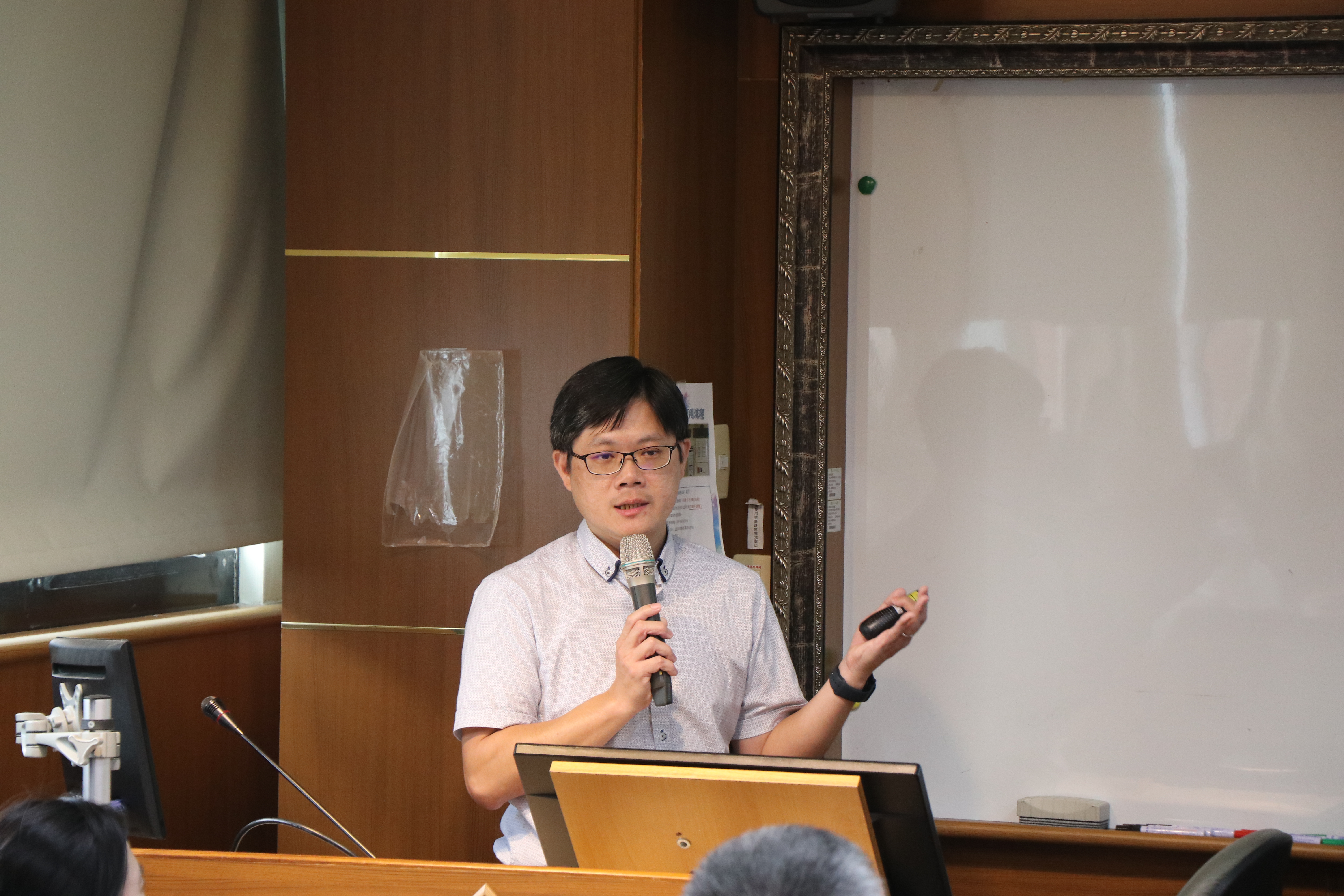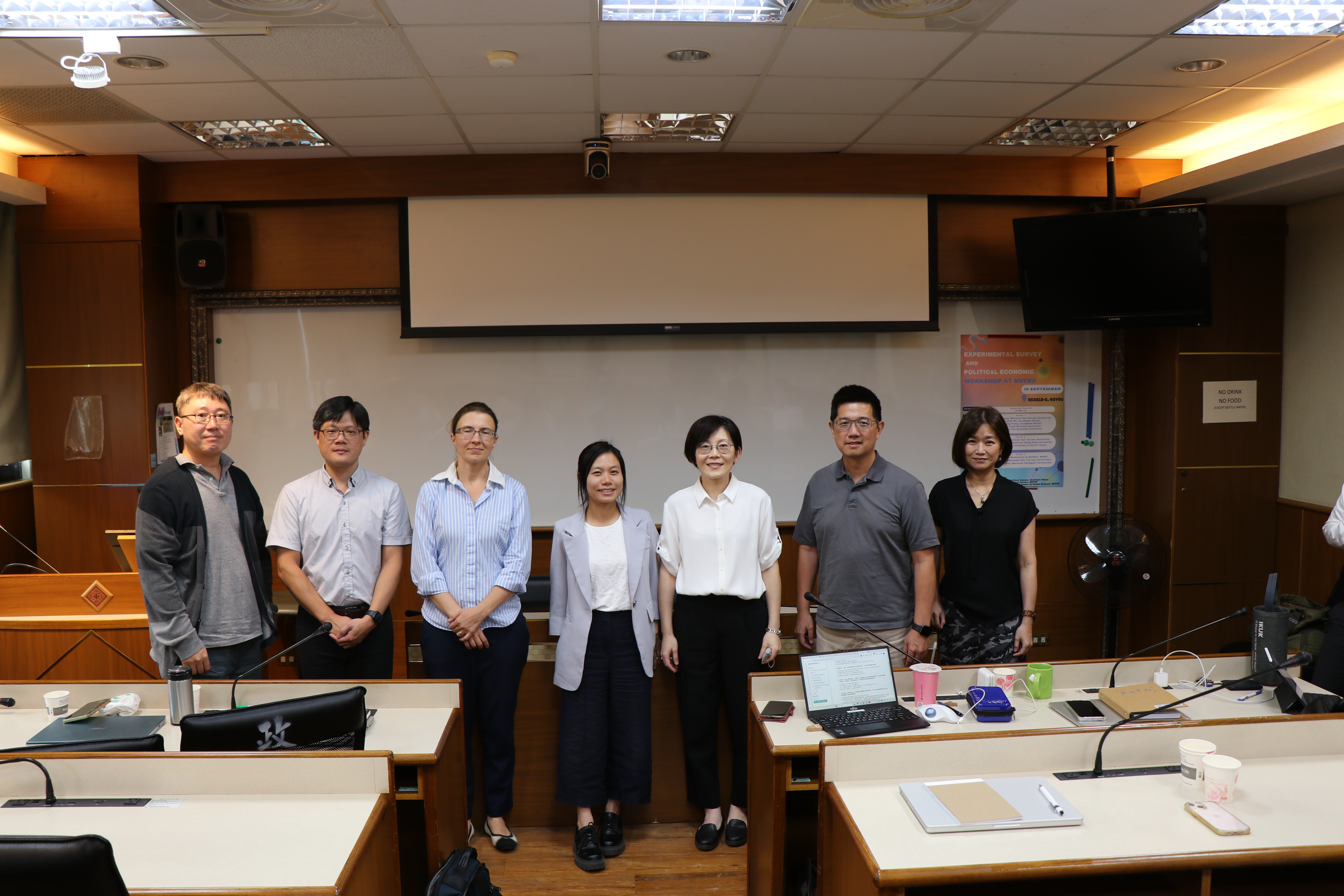研討會記實
Experimental Survey And Political Economic Workshop at NSYSU
Empirical research wordkshop review
BY KIL JUNG JOON
October 3, 2023
Prof. Huang's presentation focused on determinants of public support for war in Taiwan.It is an attempt to analyze the factors that contribute to support for an assumed war in Taiwan and to explain how these factors work. He used various attributes such as 'Wealth distribution', 'US strategic stance', 'Expected war outcome', 'Taiwanese casualties', 'Taiwan's cost for war', 'Chinese casualties', and 'Chinese cost for war' at each level and presented together. It was interesting to see the methodological clarification of complex factors and the attempt to use them strategically in the analysis. I believe that strategic studies that assume a scenario of Chinese armed intervention in the increasingly tense cross-strait relationship will be useful for policy.
In "Signaling Resolve in International Relations: An Experimental Study of US-Taiwanese Relations," by Hsin-Hsin Pan, Michael Tomz, and Wencheng Fu, the researchers studied how three types of audiences - military personnel, legislators, and ordinary citizens - reacted to different levels of trust in the United States. Their experiment is based on client credibility theory. Low credibility may lead to seeking other patrons, higher military spending, or surrender to adversaries. High credibility could encourage free-riding or taking greater risks (credibility-entrapment dilemma). Above all, the finding that parliamentarians are more pessimistic than soldiers in the absence of arms transfers and military deployments is reminiscent of the difference between administrators and field officers in the pre-modern dynastic era. Through an empirical study of the implications of credibility in international relations, it provides a different perspective on Taiwan's security policy.
The presentation by Professor Rou Lan-Chen focused on analyzing the link between anxiety about Taiwan's future and attitudes towards the 1992 consensus, utilizing the mediating variable called Centrality of Identity. The methodology employed was Casual Mediation Analysis, aiming to measure the impact of anxiety among a specific group of young college students on their preferences regarding Taiwan's future. Two main takeaways were: effective organization of abstract concepts to depict relationships, and the significance of choosing a suitable causal inference methodology. Professor Chen sought to demonstrate the negative views of young, anxious college students toward the 1992 consensus and the mediating role of Centrality of Identity in these relationships, highlighting the importance of appropriate causal inference methods.
